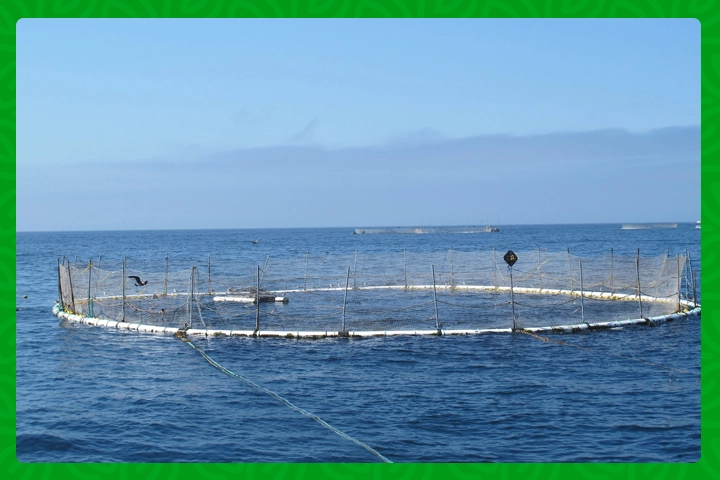
In the vibrant tapestry of Ghana’s aquaculture sector, a plea echoes from the heart of fish farmers, resonating with urgency and hope. Mrs. Lydia Gyebi Asare, Eastern Regional Best Fish Farmer and CEO of YaaMansah Farms, stands as a voice for the community, passionately urging the Ghanaian government to intervene in the face of import challenges that cast a shadow over the industry.
The Struggle of Local Fish Farmers:
In a candid interview with the Ghana News Agency (GNA), Mrs. Asare illuminated the harsh realities faced by local fish farmers. The influx of imported fish, she emphasized, has dealt a severe blow to catfish farmers, jeopardizing livelihoods and causing financial strain. Investments in feed, logistics, and employee salaries have become an uphill battle, with the price of catfish plummeting from GHS 20 to GHS 18 per kilogram.
The Call for Action:
To combat the adverse effects of importation and breathe life back into the fish farming industry, Mrs. Asare proposes a ban on fish importation and the establishment of fish processing industries. These facilities, she envisions, would not only process locally produced fish for domestic consumption but also create avenues for exportation, fostering growth within the sector.
Insights into Import-Export Disparities:
Mr. Francis Barnes, the Eastern Regional Director of the Fisheries Commission, provided a deeper understanding of the import-export landscape. In the previous year, Ghana experienced a 36% deficit in fish production, with imports reaching 165,829.34 metric tons and exports standing at 105,927.48 metric tons. The gap widened in 2021, with imports surging to 273,382.32 metric tons and exports at 121,285.87 metric tons, resulting in a 55% deficit.
Encouraging Local Farmers:
Mr. Barnes acknowledged the reduction in fish importation percentages and reassured local fish farmers of the vast potential within the industry. The call for a ban on fish importation aligns with broader efforts to fortify the domestic fish farming industry in Ghana.
Government Commitment to Aquaculture:
Ghana’s commitment to aquaculture development is evident in strategic plans such as the National Aquaculture Strategic Framework (NASF) and the Ghana National Aquaculture Development Plan (GNADP). Despite challenges like limited access to finance, inadequate processing technology, and a lack of technical knowledge, the government persists in enhancing the sustainability and productivity of the aquaculture sector.
As Ghana charts its course in aquaculture, the call for government intervention becomes a rallying cry for resilience and progress. Mrs. Lydia Gyebi Asare’s plea encapsulates the spirit of a community determined to overcome challenges and usher in a new era of prosperity for local fish farmers. In the tapestry of Ghana’s aquaculture, the threads of hope are woven with the promise of a brighter future for an industry vital to the nation’s food security and socio-economic development.
Stay updated with the latest farming tips and agriculture industry news from Africa by subscribing to our newsletter. Don’t miss out on valuable insights and updates. Follow us on Twitter, LinkedIn, and Facebook to join our farming community and stay connected with us.



















